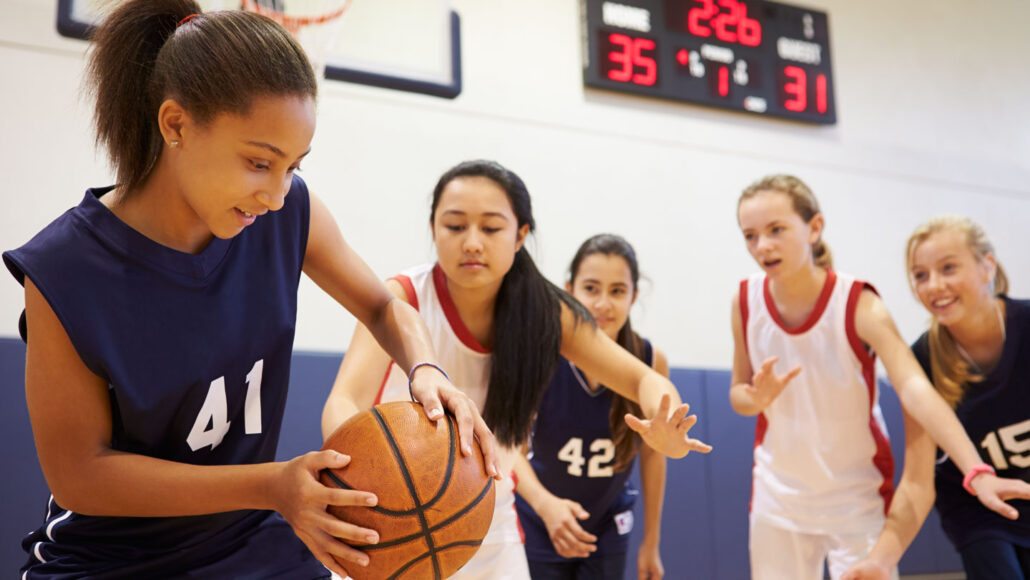agility: Having the ability to move quickly (and pivot as needed) with skill and little apparent effort. Sometimes the term is applied to thinking and project management as well as to athletic pursuits.
attention: The phenomenon of focusing mental resources on a specific object or event.
focus: (in physics) The point at which rays (of light or heat for example) converge sometimes with the aid of a lens. (In vision, verb, "to focus") The action a person's eyes take to adapt to light and distance, enabling them to see objects clearly. (in behavior) To look or concentrate intently on some particular point or thing.
mindset: In psychology, the belief about and attitude toward a situation that influences behavior. For instance, holding a mindset that stress may be beneficial can help improve performance under pressure.
PhD: (also known as a doctorate) A type of advanced degree offered by universities — typically after five or six years of study — for work that creates new knowledge. People qualify to begin this type of graduate study only after having first completed a college degree (a program that typically takes four years of study).
physical: (adj.) A term for things that exist in the real world, as opposed to in memories or the imagination. It can also refer to properties of materials that are due to their size and non-chemical interactions (such as when one block slams with force into another). (in biology and medicine) The term can refer to the body, as in a physical exam or physical activity.
psychological: (adj.) Related to how the human mind works, especially in relation to guiding actions and behavior.
ranking: An ordering of things or individuals based on some scale or agree-upon values; a hierarchy.
trait: A characteristic feature of something. (in genetics) A quality or characteristic that can be inherited.









